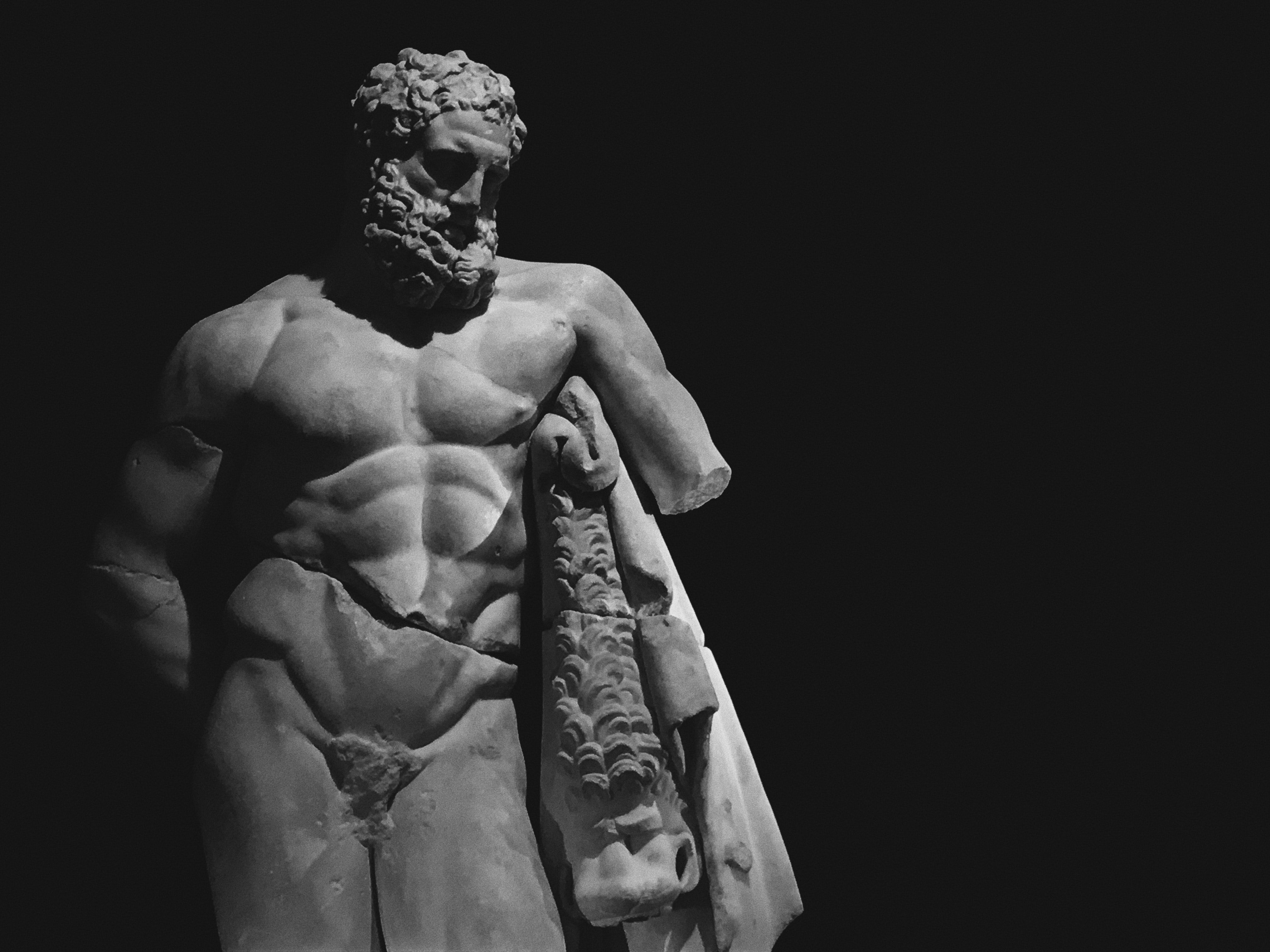Passing trends highlight just how weird humans are. From tossing a smartphone as far into the air as possible in the hopes of catching it, to scrambling to collect the latest Funko, trends don’t have to make sense. They don’t have to have value. They don’t even need to last longer than a year. They just need to capture the general public's attention—whether for a good, bad, or neutral reason.
For example, back in Victorian England, wealthy families would rent pineapples. Because they couldn’t be grown locally, it was a sign of great power, even if families would only have possession of the pineapple for a week, day, or even just for a soiree.
The pineapple example is a prime one. It highlights things like trade, wealth, and social status, which often underpin the latest trends. However, not all fads are so short-lived or tied to social power. Let’s look back at some of the coolest historical trends in the world and what makes them so memorable.
Spinning the Roulette Wheel, 18th-Century France
If someone brings up spinning wheels and croupiers, your mind probably jumps straight to the roulette table. Although roulette is remembered as one of the most exciting titles in the casino atmosphere, most people today play online - where there's just a little less screaming.
However, during the game’s heyday, it was a smash hit in the social clubs of 18th-century France. In particular, Paris was alive with roulette fever. The game originated from a French philosopher-mathematician who had attempted to create a perpetual motion machine. While he failed, entertainers quickly created roulette by sticking numbers on the board and introducing a nearby table for placing bets. Centuries later, this trend has stuck.
Feasting at the Manchu-Han Imperial Festival, 17th-Century China
Feasting is in and of itself one of the world’s top pastimes. However, the Kangxi Emperor hosted one of the most memorable feasts in China. Back in the early 1600s, the emperor prepared to celebrate his 66th birthday. To do so, he invited thousands to his banquet, which lasted three days and included the trendiest and most insane dishes of the day, like shark fin and bear claw.
Kottabos, Ancient Greece
Before roulette and exotic feasts, ancient people were more concerned with another form of culinary competition: kottabos, or flinging liquids. Sometimes dubbed the world’s first drinking game, the whole point of kottabos was to fling the remaining liquid inside bottles toward targets. Unfortunately, the Romans valued their drinks too much to waste them, which means the trend disappeared after the Romans conquered Greece.

Dressing in the Macaroni Style, 18th-Century Italy
For those who don’t know, a ‘dandy’ was a man who preferred to dress extravagantly. While most are remembered for their flair, some were known to use fashion as a form of satire. In other words, they were making social statements with their state of dress.
One of the most ridiculous historical fashion trends revolves around social commentary on the dandy. Specifically, this took the form of the ‘Macaroni’ dress style from 18th-century Italy. At the time, local dandies were commenting on the over-the-top and rococo dress style common in France. To poke fun at them, Macaroni-style dandies would sport massive and teetering wigs—with a perfectly placed tiny hat atop.
Catching Eels, 19th-Century Netherlands
Back in the 1800s, a common form of entertainment in the Netherlands was ‘palingtrekken’, also known as eel-pulling. The idea is simple: jump into a canal and attempt to pull an eel free of the rope tied around it. Though later canceled for animal cruelty for obvious reasons, the sport was a smash hit throughout the 19th century.
In fact, eel-pulling was so popular that after authorities tried to ban it, the game was still played throughout large cities. In fact, one officer sparked a three-day riot when he attempted to stop a game of eel-pulling. The riot grew so large that the army was called in to help quash the uprising.

